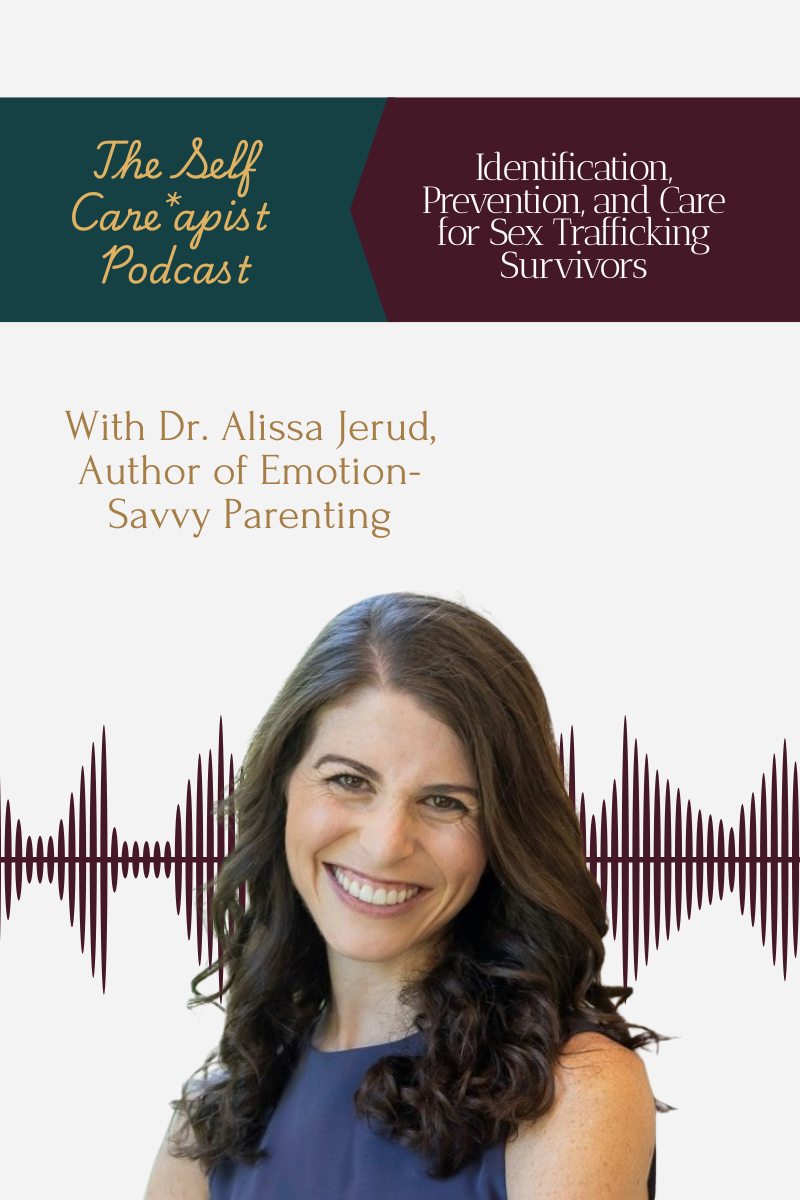Even seasoned clinicians lose their cool sometimes. Alissa names the pressure many parents feel to respond flawlessly and reframes “blow-it moments” as golden opportunities to practice. When we stop trying to control our child’s feelings—or our own—and instead focus on how we show up, we model emotional literacy and repair.
Key reframe: You cannot fully control your child’s behavior. You can control your next move.
The ART Framework: Accept, Regulate, Tolerate
Alissa’s book adapts DBT skills for parents into an easy-to-remember process you can use in real time.
Accept
Name what is happening inside and around you.
- “My chest is tight.”
- “I feel embarrassed.”
- “My child is disappointed about the candy.”
Acceptance does not mean approval—it means you stop fighting reality long enough to choose a wise next step.
Regulate
Work with the ingredients of emotion: the prompting event, interpretations, and vulnerability factors.
- Prompting event: Can you change the setup next time (snack before shopping, shorter trip, different time of day)?
- Interpretations: Replace “They’re so difficult” with “They missed a nap and they’re hungry.”
- Vulnerabilities: Sleep, food, stress, conflict with a partner—address what you can so your baseline is steadier.
Tolerate
When emotions surge, use fast-acting distress-tolerance skills so feelings don’t hijack your response.
- Care skills (Alissa’s DBT-inspired set): slow exhale breathing, temperature shifts like a cool compress or ice, brief movement, or gentle self-talk.
- Opposite action: Lower your voice when you want to raise it. Slow your pace when you want to rush.
How Emotion-Savvy Parenting Supports Anxiety Treatment
Anxiety treatment doesn’t happen only in a therapist’s office. The same tools used in anxiety therapy in Arizona or other structured settings—exposure, acceptance, and mindfulness-based strategies—can be practiced daily at home.
When parents learn to tolerate uncertainty instead of avoiding it, they model the very skills that make anxiety treatment effective:
- Exposure through everyday parenting: letting your teen drive even though you feel nervous.
- Acceptance: acknowledging worry without letting it dictate your reaction.
- Mindful tolerance: noticing racing thoughts or physical sensations and choosing a grounded response.
These in-the-moment choices strengthen emotional flexibility—the same foundation of effective EMDR therapy in Scottsdale and other evidence-based anxiety treatments.
A Checkout-Line Example (Step-by-Step)
- Notice: “My heart is racing. I feel hot.”
- Exhale slowly for 10–15 seconds.
- Validate the request: “You really want the candy.”
- Hold the limit calmly: “We’re not buying candy today.”
- Offer a next step: “Tell me how disappointed you are once we’re outside.”
- Afterward: Grab a snack or take a moment to cool down.
- Later debrief: Use a short chain analysis: What happened first? What thought showed up? What body signal? What choice did I make, and what could help next time?
When Your Child Hurts Another Child
- Prioritize the injured child: Validate, offer help, and apologize on behalf of your child if they’re too dysregulated to do so genuinely.
- Prevent further harm: Create space or leave the setting.
- Problem-solve later: When emotions cool, explore what led up to it and how to repair.
Parents often worry that skipping a forced apology means kids won’t learn accountability. Alissa’s work shows the opposite, authentic repair happens when we model genuine remorse and reflection.
What Clinicians Can Use Right Away
- Teach parents the ART framework and practice one skill per week.
- Use in-session experiments with care skills: have parents try slow exhale or a temperature shift and observe changes in arousal.
- Guide chain and solution analyses focused on the parent’s behavior, not the child’s.
- Assign micro-reps: one validation and one opposite-action moment per day.
If you’re a therapist offering professional clinical consultation, consider weaving these emotion-regulation skills into supervision or parent coaching. They fit naturally with DBT-informed or exposure-based anxiety treatment approaches.
Favorite Quotes from the Episode
- “We do our best when we feel good about ourselves.”
- “Anything could happen, and I can still choose my next step.”
- “Moments we dread can become the training ground for the parent we want to be.”
Who This Episode Helps
- Parents managing anxiety, frustration, or perfectionism at home
- Therapists seeking DBT-informed parenting resources
- Caregivers learning to stay calm and model emotional repair
Work With Lorain
If you’re looking for anxiety therapy in Arizona, EMDR therapy in Scottsdale, or professional clinical consultation for clinicians, learn more on my site. I help therapists, parents, and high-functioning professionals integrate science-based self-care and emotional regulation into everyday life.

+ show Comments
- Hide Comments
add a comment